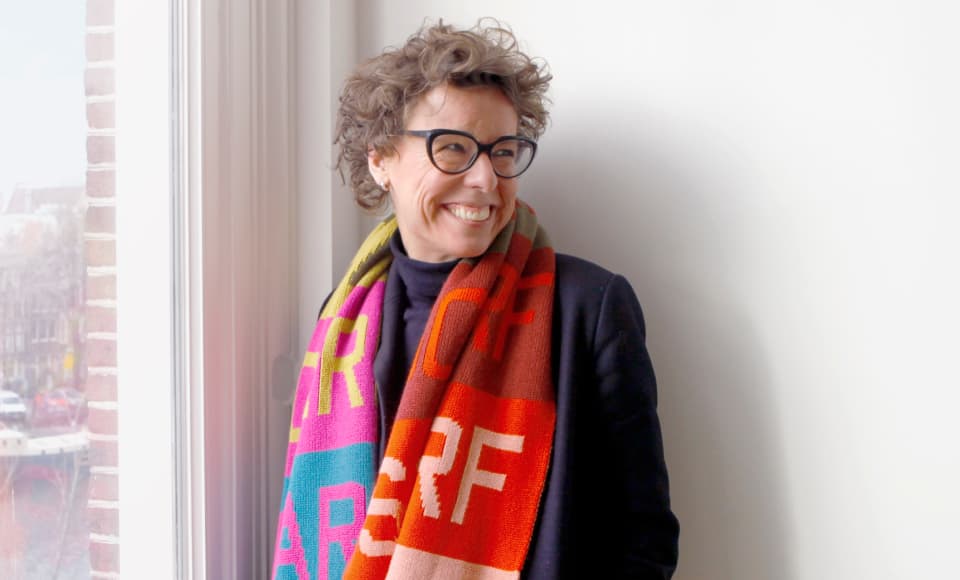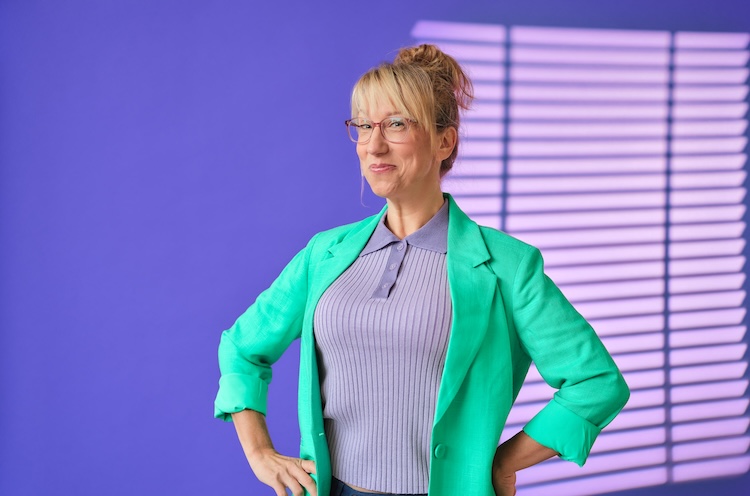Walter calculates a home’s value using a Comparative Market Analysis (CMA). A data-driven estimate based on similar homes sold nearby. It’s a blend of real data and expert insight, designed to give you a clear, objective view of what a home is really worth.
Step 1: Find similar homes
We search for recently sold homes that match in type, size, and location. These are your “reference homes.” The closer the match, the more accurate the valuation.
Step 2: Adjust for differences
No two homes are exactly alike. That’s why we make smart adjustments to the reference homes to bring them in line with the one you’re considering. We correct for:
- Market timing – Prices change over time. A home sold six months ago might now be worth more (or less). Walter updates past sale prices using official CBS market indices to reflect today’s value.
- Example: If a home sold for €445,000 and the market increased by 4%, we adjust it to €463,000.
- Neighborhood differences – Some areas are pricier than others. We correct for local market differences between nearby streets or districts.
- Size and features – Larger homes tend to have a lower price per m². We also factor in things like balconies, gardens, renovations, or energy labels.
Step 3: Human review
After adjusting at least three reference homes, we average their updated values to estimate the current market value. Then, a Walter Expert reviews the outcome. They look for unique factors that only a human can catch, like leasehold conditions, renovation quality, or local quirks.
What you get
You’ll receive a clear, data-backed estimate of a home’s true value. It helps you understand whether the list price is fair, how much room there might be to negotiate, or when it’s worth stretching to win.
Want to see how it works?
📺 Join our free webinar to learn how we calculate home values and spot over- or underpriced listings.
🤝 Book a Walter Session to review your Property Report and fine-tune your offer strategy with an expert.

Ga je een huis kopen?
Boek je gratis oriëntatiegesprek met een Walter-adviseur. Wij begeleiden je bij het kopen van je volgende woning.
Plan een gratis kennismakingDoe het juiste bod…



Walter Living is geregistreerd in Nederland op het adres Walter Tech, B.V. Singel 542, 1017AZ, Amsterdam. Ons KvK-nummer is 73708585 en ons BTW-nummer is NL859636033B01.
Diensten
Liever even contact via WhatsApp? Stuur een appje naar 085 080 6860


